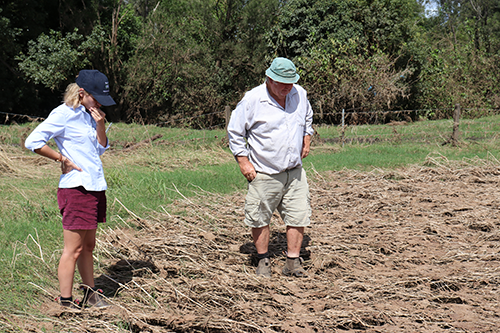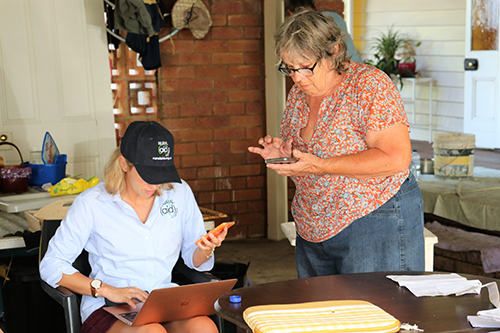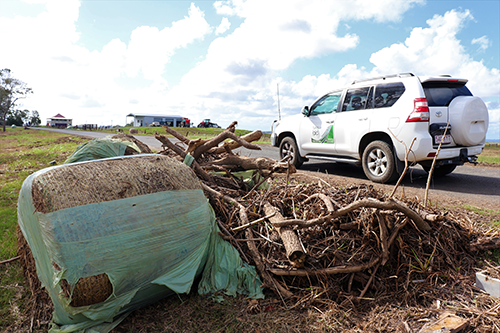
In the past five years alone, Australia has been battered by what has been a seemingly unprecedented series of devasting natural disasters, when one of the nation’s worst droughts on record was swiftly followed by aggressive, widespread bushfires, a pandemic, 2021’s mouse plague, and repeated environmentally and economically decimating flood events throughout 2021 and 2022.
Widely attributed to the La Niña weather phenomenon, the deluge is expected to surge on into 2023, bringing with it more damage to add to the already astronomical reconstruction bill sitting precariously around the $2 billion mark.
For Australian farmers, whose lives and livelihoods are so inextricably linked to clement seasons, this dire forecast adds immeasurable anxiety to the many years of mental anguish rural families have experienced. Crops and livestock have been wiped out, materials and machinery written off, property and infrastructure washed away—and finally the long and costly recovery effort must, more often than not, be mounted in isolation without the steady cash flow a good season affords.
It was in such a moment that Mooball fruit grower, Peter Brils, contacted Rural Aid, hoping to secure financial support. Having lost many of his organic fruit trees in the floods of early 2022, Mr Brils was eager to take the first steps towards recovery… but he needed a hand.
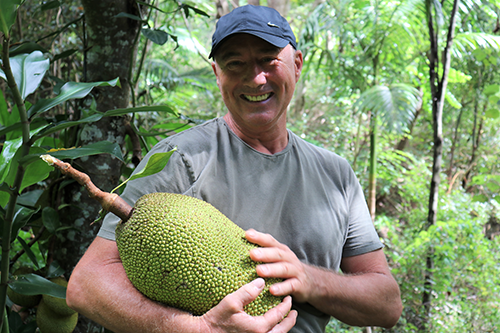
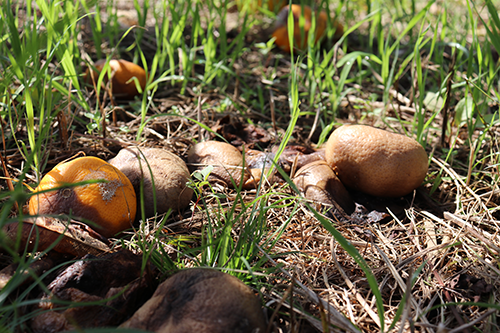
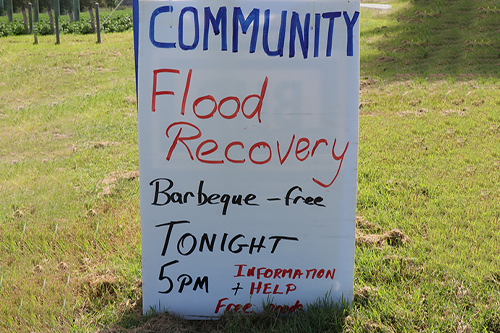
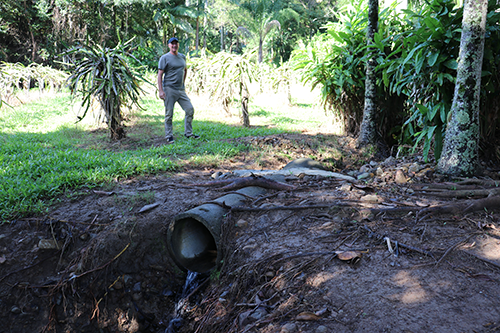
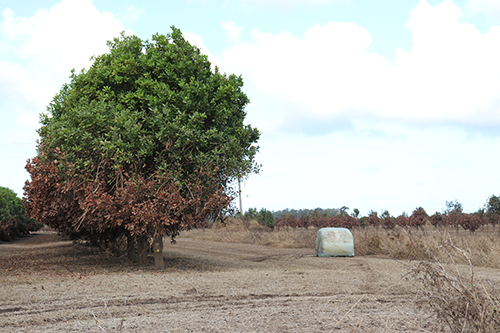
With the help of Rural Aid’s financial assistance, Mr Brils was able to work to redirect the water flow across his property, hopefully safeguarding his orchard against the future flooding events forecasted.
“Cases like Mr Brils are by no means isolated. There are many farmers currently registered with Rural Aid that are facing devastated crops or lost animals, or in some cases completely wiped-out properties.”
“If we can boost their recovery efforts and help flood-proof them for the future, that means they are better equipped, and closer to realising a good harvest.,” said John Warlters, CEO of Rural Aid.
